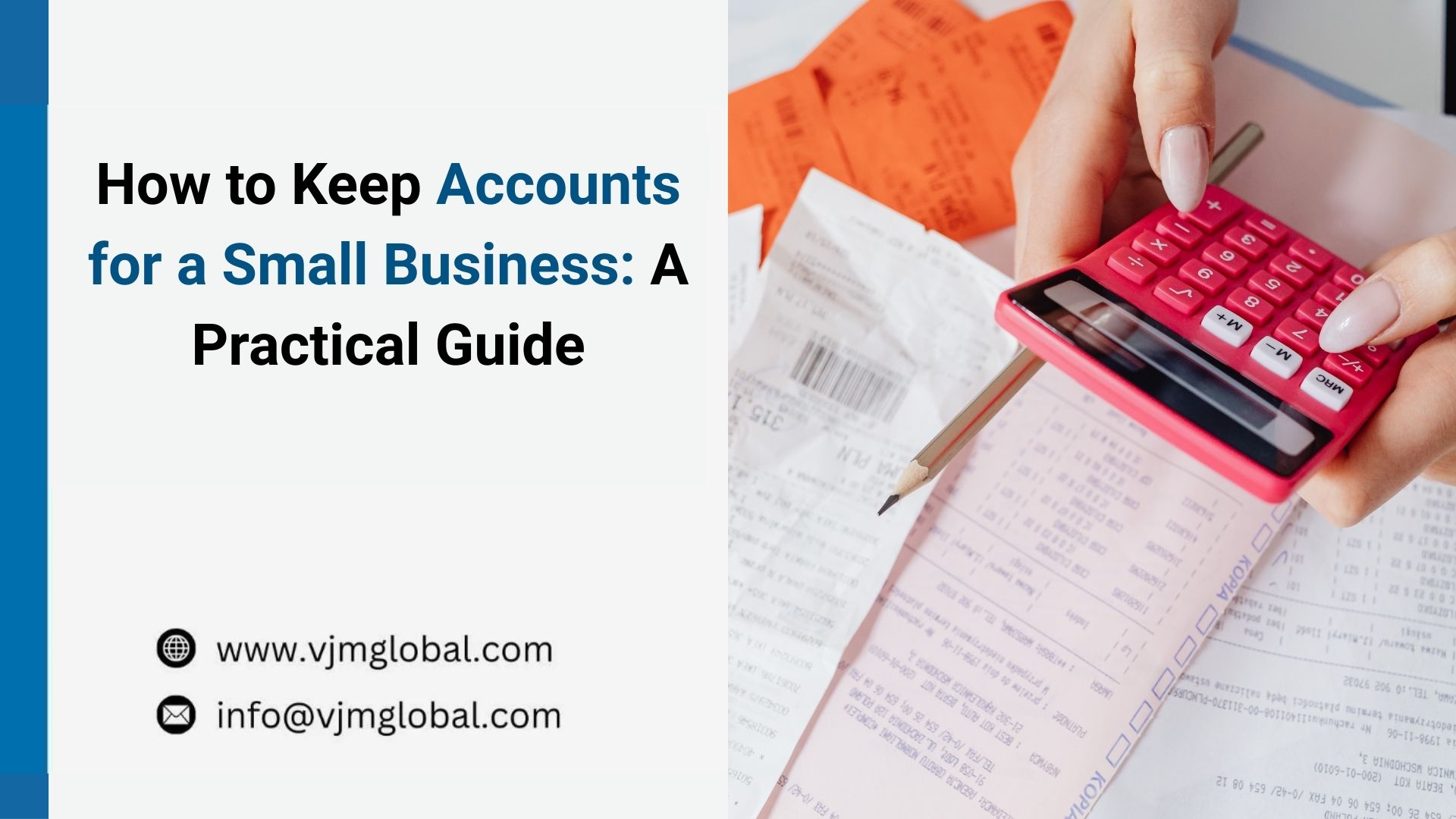Held by Hon’ble Delhi Value Added Tax, Appellate Authority
In the matter of M/s Honeywell Automation India Ltd. vs. Commissioner of Trade & Taxes, Delhi (Appeal No: 08-11/ATVAT/2019)
M/s Honeywell Automation India Limited (“The Appellant”) received assessment order for 3 quarters of year 2014 wherein tax, interest and penalty were imposed on grounds that more Input Tax Credit was claimed by the Appellant in Annexure-2A as compared to corresponding ITC reported by selling dealer. Therefore, ITC was disallowed u/s 9(2)(g) of DVAT Act and penalty was also imposed. The Appellant filed an objection against such order with SOHA. However, SOHA confirmed the disallowance of ITC and imposition of penalty. Therefore, the appellant filed appeal before Hon’ble DVAT, AT.
The Appellant placed reliance on precedence of Hon’ble High Court in the matter of Suvasini Charitable Trust v. Government of NCT of Delhi &Another, W.P. (C) 4086/2013 and held that ITC can’t be disallowed for bonafide purchases where the supplier is registered under DVAT and has obtained registration number. However, The Respondent contended that the appellant has failed to justify the difference regarding the sales and purchase between Annexure 2A & Annexure 2B.
Hon’ble DVAT,AT relied on precedence of Hon’ble High Court held that to become eligible for ITC, a purchasing dealer is required to take care of few points such as Supplier is having valid and active VAT registration, supplier has issued “Tax Invoice” and such Tax invoice contains TIN of supplier. Therefore, ITC can’t be disallowed to bonafide purchasing dealers. In the given case, the appellant has acted as a bonafide purchasing dealer. Therefore, impugned order of disallowance of ITC is liable to be set aside.
1. Brief Facts of the Case
- M/s Honeywell Automation India Limited (“The Appellant”) is in receipt of assessment order of tax and interest u/s 32 of Delhi Value Added Tax Act (“DVAT Act”) for 3 quarters of year 2014.
- Also, the Appellant received a separate penalty order u/s 33 of DVAT Act.
- As per Assessment order, cross checking of ITC Claimed by the appellant in Annexure-2A was carried out with Annexure-2B filled by respective selling dealer.
- As per such comparison, the appellant claimed more Input Tax Credit as compared to corresponding output tax reported by the selling dealer.
- The appellant has claimed excess ITC in violation of provisions of Section 9(2)(g) of DVAT Act. Therefore, the appellant is liable for default assessment u/s 32(1)(c) & (d) of DVAT Act.
- In addition, a penalty was also imposed on such grounds.
- The appellant filed an objection against such an assessment order with the Special Objection Hearing Authority (“SOHA”).
- However, the SOHA disposed of the objections filed by the appellant on the ground that partial purchase are confirmed. However, purchases from other dealers remained unverified and therefore, SOHA also rejected the claim of ITC related to unverified purchases.
- Aggrieved by order of SOHA, the appellant filed an appeal before Hon’ble Delhi Value Added Tax, Appellate Tribu
2. Relevant Legal Extract
- Section 9(2)(g) of DVAT Act is related to disllowance of Input tax Credit. Relevant extract of Section 9(2)(g) is reiterated below for ready reference:
“9 Tax credit
...
(2) No tax credit shall be allowed –
...
(g) to the dealers or class of dealers unless the tax paid by the purchasing dealer has actually been deposited by the selling dealer with the Government or has been lawfully adjusted against output tax liability and correctly reflected in the return filed for the respective tax period.”
3. Contention of the Appellant
The appellant filed application on following contentions:
- The Appellant referred to the provisions of Section 9(2)(g) of DVAT Act and also relied on the decision of Hon’ble Delhi Court in the matter of Suvasini Charitable Trust v. Government of NCT of Delhi &Another, W.P. (C) 4086/2013.
- The appellant contented that the revenue can’t invoke Section 9(2)(g) to deny ITC of to a purchasing dealier when:
- He has bona-fide entered into a purchase transaction with a registered dealer;
- Such a registered dealer issued his tax invoice reflecting his TIN Number.
- Therefore, impugned order is liable to be set-aside and the appellant must be granted refund of tax, interest, penalty deposited under protest.
4. Contention of the Respondent
The respondent contended that:
- Input Tax Credit under Section 9(1) of DVAT Act is provided subject to provisions of Section 9(2).
- As per Section 9(2)(g) of DVAT Act, the appellant has failed to justify the difference regarding the sales and purchase between Annexure 2A & Annexure 2B.
- Therefore, the appellant is not entitled for ITC under dispute.
5. Analysis by Hon’ble DVAT, Appellate Tribunal
Hon’ble Appellate Tribunal made following analysis:
- As per Section 9(2)(g) of DVAT Act, no ITC shall be allowed the dealer unless the tax payable by the selling dealer has been:
- Actually deposited with Government or
- Has been lawfully adjusted against output tax liability and
- Correctly reflected in the return filed for corresponding tax period.
- In case of Suvasini Charitable Trust v. Government of NCT of Delhi &Another, W.P. (C) 4086/2013, Hon’ble High Court observed following points:
- As per Section 2(1)(r) of DVAT Act, when a buyer makes payment to the supplier, such payment includes DVAT amount and seller is liable to pay such taxes to the government.
- VAT is an indirect tax and incidence of tax is passed on by the supplier to the buyer.
- To become eligible for ITC, a buyer is required to take care of following points:
- Selling dealer is registered under DVAT and have a valid registration.
- Selling dealer has issued a “Tax Invoice” to the purchasing dealer u/s 50 of DVAT Act.
- Such a tax invoice contains the TIN number of the selling dealer.
- Purchasing dealers can check the TIN number of the selling dealer on the web portal to check if the selling dealer is genuine or not or his registration stands cancelled.
- As Long as the purchasing dealer has taken all the steps, he can’t be expected to keep track of whether the selling dealer has deposited the tax or not.
- The purchasing dealer can check whether there is any mismatch of Annexures 2A and 2B but, assuming it is on account of the seller's default, there is little he can do about it.
- Further, the purchasing dealer does not have any access to returns filed by the selling dealer as returns are meant to be confidential.
- Since such information is not available in public domain therefore, it is next to impossible for purchasing dealer to ascertain whether selling dealer has made correct disclosure in return or not.
- Therefore, Hon'ble High Court held that denial of ITC would be justified only when the purchasing dealer has act without diligence. However, denial of ITC to bonafide purchasing dealer is not correct.
- In the given case, the appellant has presented before SOHA all documents such as AR, Tax invoices, Annexure-2B of the selling dealer, copy of ledger of purchasing dealer, stock register etc.
- The Assessing Officer has not levied tax, interest and penalty on the appellant on the grounds that the purchasing dealer was not diligent. However, the same are imposed on grounds of mismatch between Annexure-2A and Annexure-2B.
- Further, the supplier and buyer were not in collusion with each other and submitted invoices are also not fabricated or false.
- Therefore, in the given case, the revenue department has precluded from invoking provisions of Section 9(2) of DVAT Act to deny ITC to the bonafide purchasing dealer who:
- has entered into purchasing transaction with registered selling dealer;
- Selling dealer has issued tax invoice.
6. Decision of Hon’ble DVAT, Appellate Tribunal
- Applying precedence of Hon’ble Delhi High Court, in the given case, the appellant is entitled to claim ITC which has been rejected by the Assessing Authority and SOHA.
- No Penalty should be levied on above mentioned grounds.
- Therefore, impugned orders of SOHA are liable to be set aside.













